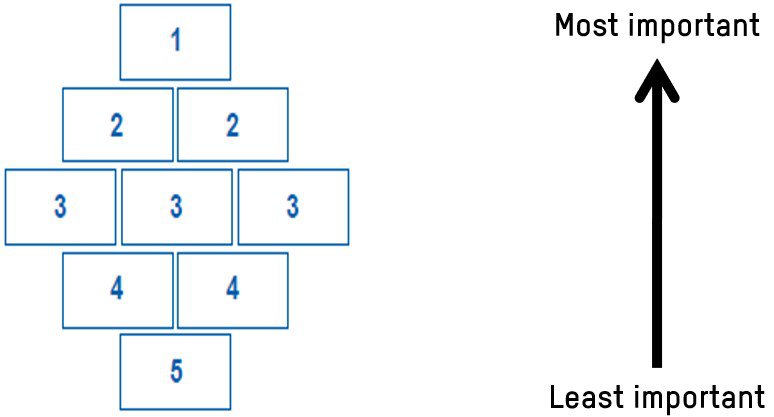What do we all need to thrive?
Activity ideas for ages 7-14
Think about what you value the most
Activity: Sorting needs and wants

Activity: Everybody eat, drink, earn and learn
Activity: Create a family values tree
What is a Family Values Tree?
Reflect on your own or as a family on what is important. Create a values tree – write or draw the things you feel are most important on the leaves. Perhaps you could add new leaves to the tree each week. Take time as a family to look at the leaves and share your thoughts and ideas.